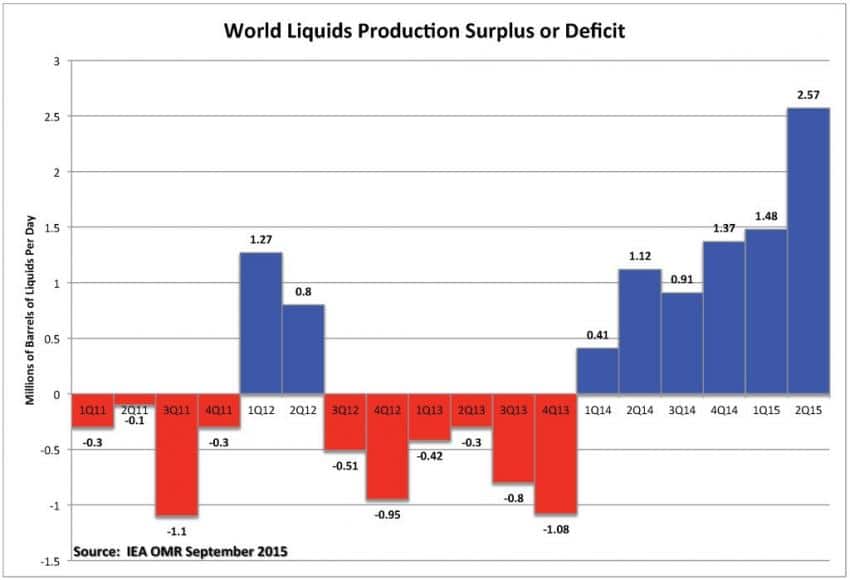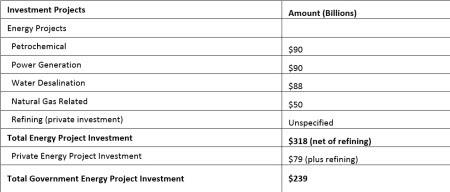Oil Exacerbates Sub-Saharan Africa’s Currency Woes
Since lower oil prices typically result in depreciation of the oil exporters’ currencies, the dramatic plunge of oil prices has severe implications for sub-Saharan Africa.
After the global financial crisis, many emerging economies have coped with diminished global growth prospects by deploying direct government intervention and capital controls for competitive devaluation. In turn, advanced economies have achieved the same indirectly through low policy rates and quantitative easing (QE).





